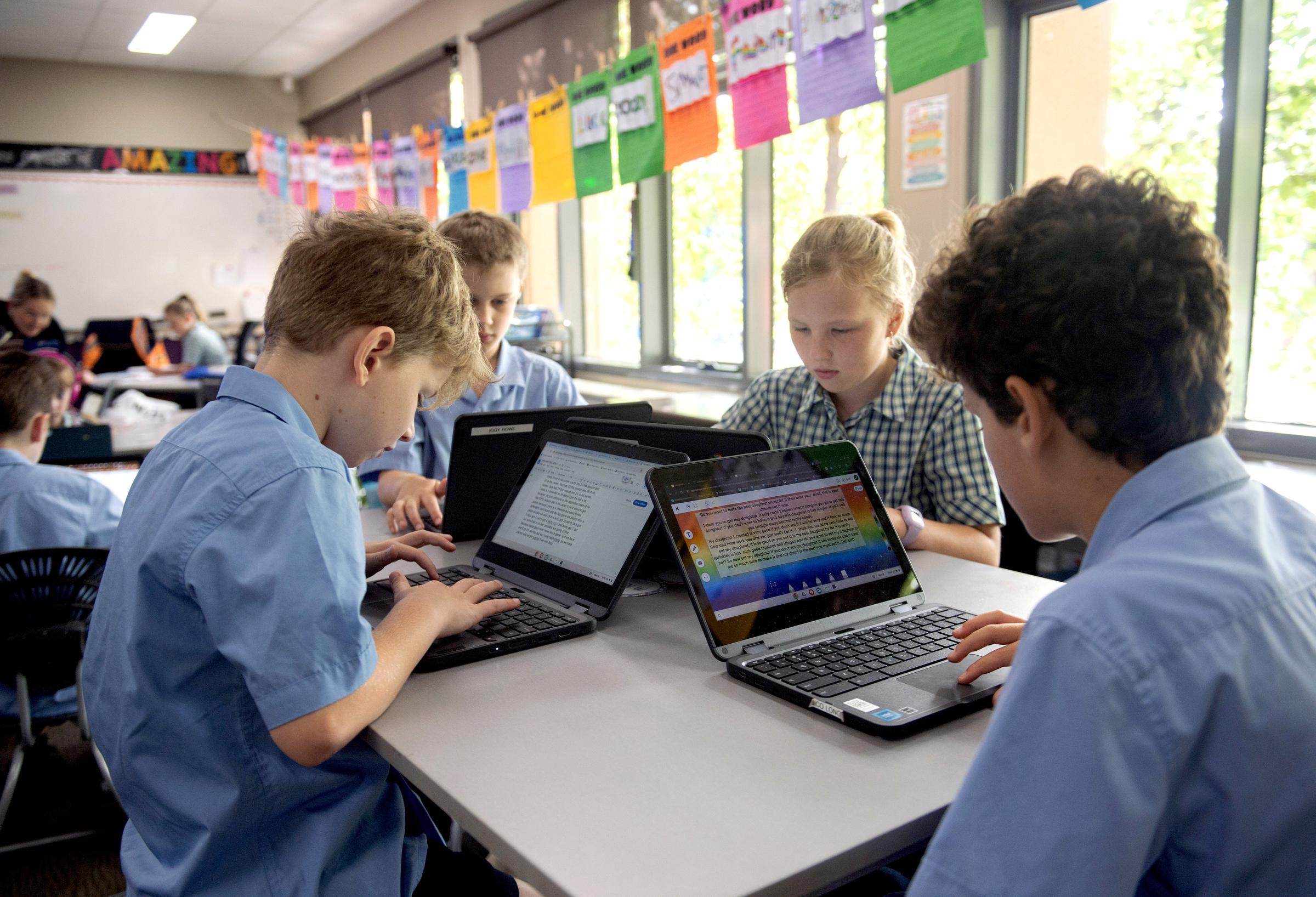Deputy Principal's Report

Gaming and Children: Balancing Benefits with Potential Challenges
Gaming has become a significant part of modern childhood, offering excitement, connection, and opportunities for skill development. For many children, gaming feels like a way to "fill their cup" by meeting essential psychological needs: connecting with friends, exercising autonomy, and mastering skills. While gaming can have positive aspects, it’s also important to examine the potential downsides and consider how we can help children maintain a healthy balance.
Why Children Are Drawn to Gaming
Gaming provides an immersive experience that taps into core human motivations:
- Connection: Online games often foster social interactions, allowing children to connect with peers or team up with others across the globe.
- Autonomy: Games offer freedom of choice, enabling children to decide how to play, strategise, and create.
- Mastery: Many games reward players as they build skills, achieve goals, and gain recognition for their progress.
For some children, gaming becomes a primary way to meet these needs, especially if they struggle to find these fulfilments elsewhere. However, when gaming becomes a dominant source of satisfaction, challenges can arise.
The Downside of Gaming: Understanding the Risks
While gaming can provide joy and fulfilment, it can also foster unhealthy patterns:
- Dopamine Addiction: Gaming is designed to trigger dopamine – the brain’s “reward chemical” – in quick, frequent bursts. This can make gaming highly addictive, as children seek the instant gratification it provides.
- Escaping the Real World: For some, gaming becomes a way to avoid challenges in the real world, such as school stress or social struggles. While it may offer temporary relief, it prevents children from developing the resilience to face these issues.
- Dependency on Game Dynamics: Many games are structured with addictive feedback loops that keep players coming back. The sense of achievement within a game can overshadow real-world accomplishments, leading children to prioritise gaming over schoolwork, sports, or creative pursuits.
- Risk of Gaming Disorder: For a small but significant group of young people, excessive gaming can develop into a problematic behaviour that affects their mental health, relationships, and education.
Supporting Children to Game Effectively
Fortunately, with guidance, gaming can remain a positive part of a child’s life. GameAware, a company specialising in gaming behaviours, works with schools, students, and parents to address these concerns. They focus on:
- Identifying Motivating Factors: Understanding why gaming appeals to your child and exploring healthier ways to meet those needs.
- Assessing Gaming Habits: Determining whether gaming is a problem or simply a hobby.
- Providing Strategies and Support: Helping families set boundaries, encourage diverse interests, and maintain a balance between gaming and real-life growth.
Healthy Gaming Tips for Families
Here are a few simple steps to support balanced gaming:
- Encourage Variety: Help your child balance gaming with physical activities, hobbies, and family time.
- Set Boundaries: Establish agreed-upon time limits for gaming and ensure these are consistent.
- Focus on Purpose: Talk to your child about what they love in their games and look for ways to replicate that satisfaction in offline activities.
- Model Healthy Habits: Children mimic adults, so demonstrate balanced use of technology yourself.
As parents and teachers, our goal is to ensure our children enjoy gaming responsibly while thriving in the real world. This means fostering resilience, supporting their passions, and helping them become confident individuals who can handle life’s challenges.
If you’re concerned about gaming in your household or would like to learn more, consider exploring resources like GameAware. By understanding the psychology behind gaming and creating effective strategies, we can help our children become not just skilled gamers but well-rounded, happy individuals.
Thanks for all your support,
Peggy McDonald & Steele Anderson
Deputy Principals

